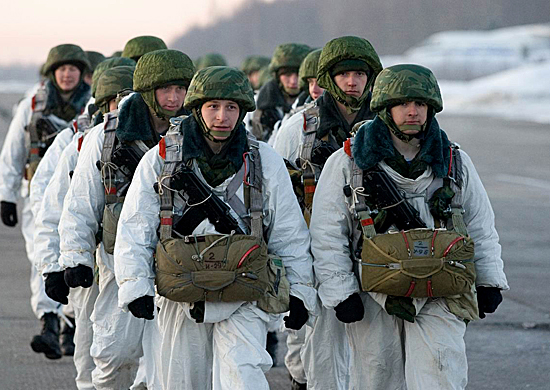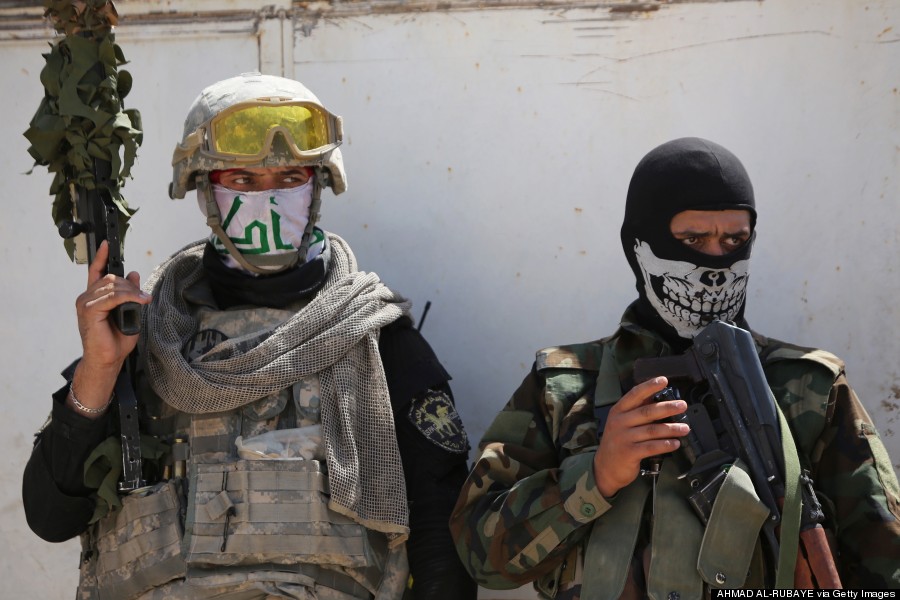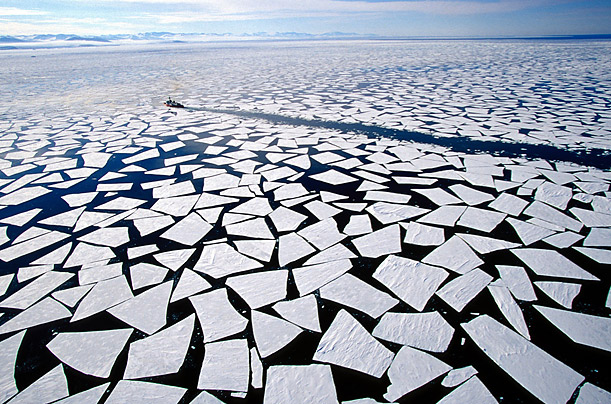Throughout the civil war in Ukraine, there has been much talk over the involvement of Russian soldiers. Such accusations have come as the result of a build up of Russian troops along the border with Ukraine, and since the onset of the events, these claims have regularly been voiced. As the concentration of Russian forces along the border has fluctuated, there have been questions about how some Russian soldiers belonging to various units have been killed.
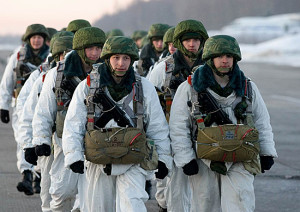
Of all the incidents of the burial of soldiers, the controversy surrounding the death and subsequent burial of soldiers from the 76th Guards Air Assault Division, based in Pskov near the Estonian border, has garnered the most attention. This division was awarded the Order of Suvorov, one of the highest honours available in the Russian Armed Forces, for bravery and heroism during the completion of unspecified tasks. But it is not their award that has brought about this attention. Rather, journalists have been chased away from the cemetery, and local politician, Lev Sholsberg, was assaulted two weeks ago. Mr. Sholsberg was found covered in blood on the streets of Pskov on August 29, 2014, and once sufficiently recovered, claimed that he had been attacked from behind by three individuals and was beaten into unconsciousness. Sholsberg links the assault to his calling attention to the death of the paratroopers.
Soldiers based in Pskov are not the only ones to have died. On September 1, 2014, it was reported that three bodies of deceased soldiers based in Pechanga, a town in Murmansk Oblast, were transported to the base. The duty officer at the Pechanga base has claimed no knowledge of any bodies. However, Russia media outlet 7×7, has had this information confirmed by two different sources in the military hospital at the base, as well as from a soldier in one of the units based in Pechanga. At present, there has been no official word on the cause of death for these soldiers who were on exercises in Rostov Oblast, on the border with Eastern Ukraine, throughout the summer, as part of the Northern Fleet. The latest group of 300 soldiers was sent to the region on September 2, 2014, for exercises. Photos published on Twitter on August 12, 2014 show armoured vehicles in the region marked with the emblem of the Northern Fleet, the polar bear.
The Soldiers’ Mothers organization, of which the St. Petersburg branch has recently been labeled as a foreign agent, has noted that military hospitals in Rostov have received an abnormal number of wounded soldiers. Head of the St. Petersburg branch, Ella Polyakova, has said she would call for an investigation into the death of nine soldiers from the North Caucasus as well as an inspection of military hospitals in southern Russia. Polyakova’s colleague in Dagestan, Zulfia Magomedova, has been more reluctant to speak, only saying that as Russia was not involved in Ukraine, any soldiers killed from the region were volunteers. Representatives of the so-called Donetsk People’s Republic have also said that there are Russian soldiers fighting with the rebels, but they are on vacation and chose to come voluntarily.
Soldiers on active duty taking vacations to fight in an ongoing conflict are not new in Russia. Soldiers Mother’s founder Valentina Melnikova says that there were incidents of professional soldiers taking vacations to active combat zones in the 1990s during the height of the Chechen resistance.
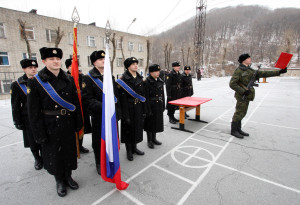
Along with Soldier’s Mothers, there are other Russians who are raising concerns about the death of their troops, when there is no overt acknowledgement of any Russian involvement in Ukraine. The Facebook group Груз 200 (Gruz 200 or Code 200) brings to public attention the transportation of dead soldiers. Code 200 is used by the Russian military to denote the transportation of bodies from the battlefield.
Despite the Kremlin’s denying involvement of its soldiers in Ukraine, President Poroshenko has claimed that most Russian soldiers in Ukraine have crossed the border. There is still no official word as to the cause of death for the deceased Russian servicemen, and their families will potentially never know the circumstances under which their husbands, sons and brothers died. The world may condemn what Russia has been accused of doing, but the families of the dead on both sides should not be forgotten amidst the politics of the situation.

